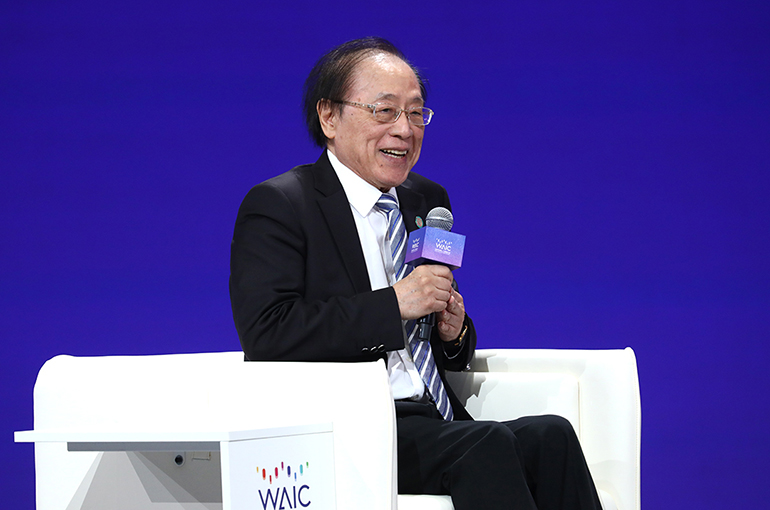Select Language:
The dawn of the artificial general intelligence (AGI) era is arriving more swiftly than expected, emphasizing the urgent need for strengthened safety regulations in AI. An expert from the Chinese Academy of Sciences highlighted this pressing concern.
AGI is poised to introduce a myriad of commercial opportunities, but it also amplifies the importance of AI safety, especially since, unlike conventional algorithms, it lacks solid theoretical guarantees. Andrew Yao, the only Chinese recipient of the Turing Award, shared these insights during an interview at the three-day World AI Conference and High-Level Meeting on Global AI Governance in Shanghai, which concluded today.
Several industry specialists have warned that once AGI is developed, machines might surpass human intelligence, posing significant challenges for human oversight. Yao pointed out that nobody can precisely predict the transformative effects AI will have on society, but assured that with effective safety governance, people around the world can look forward to an improved quality of life.
According to Yao, Shanghai is well-positioned to lead in AI safety governance due to its strategic advantages, timely opportunities, geographical location, and abundant human resources. The city’s capabilities could attract international experts, establishing it as a vital global hub for AI safety initiatives.
During the event, the Shanghai Consensus on International Dialogues on AI Safety was introduced, calling on nations and researchers worldwide to maintain human control over AI systems and ensure they align with human values.
Yao, who is 78 years old and was born in Shanghai before relocating to the United States in 1967, received the Turing Award in 2000 for his groundbreaking work in computation theory—an accoltd often regarded as the Nobel Prize of computer science. After working at several American universities, he returned to China in 2004 to join Tsinghua University.







